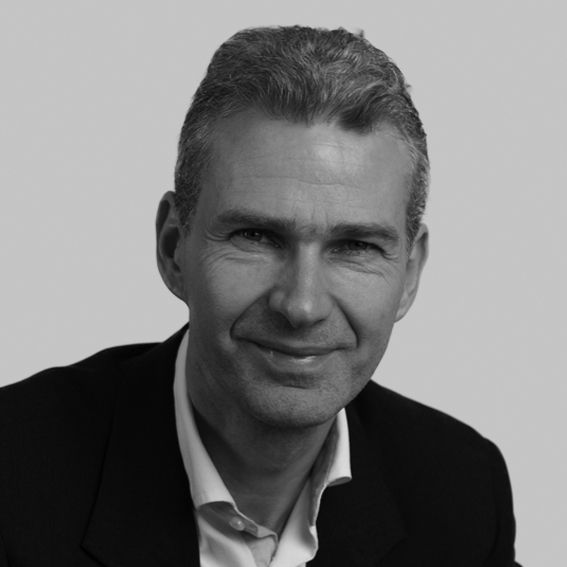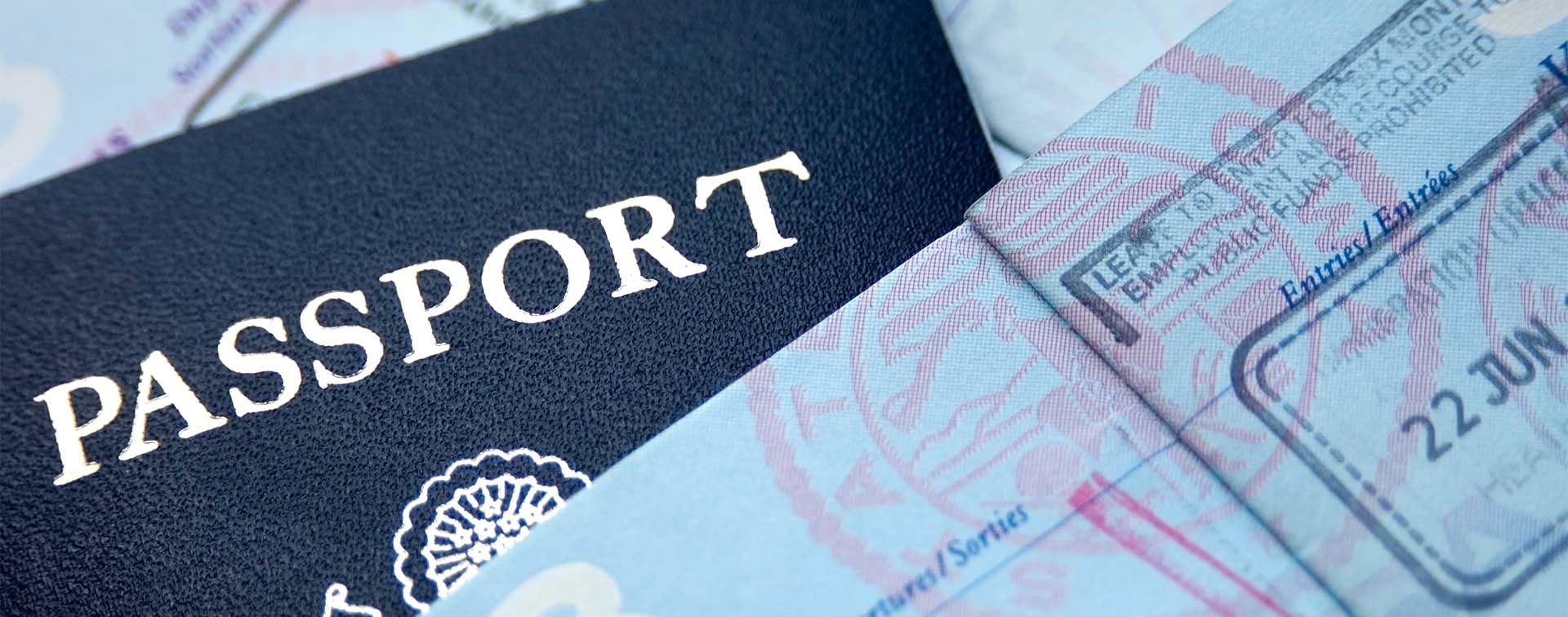
Dr. Christian H. Kaelin is Chairman of Henley & Partners. He is an expert in investment migration and the inventor of the passport index concept.
Former UN Secretary-General Ban Ki-Moon aptly defined migration as “an expression of the human aspiration for dignity, safety and a better future”. To move away from danger and scarcity towards safety and opportunity is a natural instinct. It makes complete sense. Throughout history, humanity’s resilience has been tested by environmental disasters, famines, wars, economic depressions, and other catastrophes and consistently proven its tenacity. Today, as we face a conglomeration of escalating predicaments — further geopolitical tension in Europe and Asia, high inflation, an energy crisis in Europe, and the veritable risk of imminent food shortages exacerbated by global warming — we stand hopeful that yet again we shall endure.
Recent watershed moments such as the pandemic and the war in Europe have brought residence and citizenship by investment programs center stage as affluent individuals, globally minded investors, and entrepreneurs have sought domicile diversification solutions to preserve their families’ wealth, legacies, and security during turbulent times. Governments have also acknowledged the merits that investment migration offers citizens of host countries if foreign direct investment funds are adequately allocated to much-needed social and economic development initiatives.
Since the First and Second World Wars, there has been a growing acceptance of additional citizenships granted to individuals due to their ancestry, in lieu of their investment, or via naturalization. The acceptance of dual or multiple citizenship has become the norm, rather than the exception. Over recent decades, countries across Africa, Asia, and Latin America have benefited greatly from the influx of remittances sent from their diasporas of citizens who have chosen to live and work abroad. In fact, countries historically opposed to dual citizenship, such as Indonesia, are now tabling its acceptance as migration continues to be woven inextricably into the fabric of global society.

Policymakers’ approach to migration is undergoing seismic shifts. While certain pockets, for example within the European Parliament, are opposed to investment migration programs, many sovereign leaders are keen to capitalize on the innovative financing opportunity that such programs present. On the opposite end of the migration spectrum, while there are those who consider the global refugee crisis an inconvenience to be overcome, others see beyond the political challenges to the tremendous opportunity that it presents, namely, to allocate human capital where it is needed most, such as in affluent countries with rapidly aging populations.
Henley & Partners is committed to supporting the Andan Foundation, a non-profit, public-benefit institution based in Switzerland. Andan’s main, long-term project is the Andan Global City, which will completely upend and reform how we deal with the growing global refugee crisis by providing autonomous, self-governed subnational entities that offer a safe environment and rule of law, and that will create wealth and prosperity for its citizens as well as for the nations hosting them.
Citizenship optionality is now an asset coveted by individuals the world over. As highlighted in the Henley Global Mobility Report Q1 2022 by the Temple University Law School’s Prof. Peter J. Spiro, “dual citizenship now has insurance value. It is likely to be claimed by an increasing proportion of eligible individuals, and not just among those holding lower-ranked passports.”
The investor base is in a state of flux as two wealth trends converge. First, the notable surge in affluence in Asia, Africa, and Latin America, regions which are predicted to boom even further in the next decade, as highlighted by Prof. Trevor Williams, former Chief Economist at Lloyds Bank, in the Henley Global Citizens Report Q2 2022. According to the Henley Private Wealth Migration Dashboard, which examines the net inflows and outflows of millionaires globally, in the next decade the value of India’s high-net-worth individual population will burgeon by 80% in US dollar terms. But you do not have to be a billionaire to acquire an additional citizenship. In Antigua and Barbuda, for example, the minimum donation is USD 100,000 and many family members — even grandparents and unmarried siblings — can be included. This investment is within reach for many reasonably affluent families around the world, and they are increasingly prioritizing it to create optionality and mitigate risk.
Second, the rising demand for alternative residence and citizenship from wealthy Western investors from highly developed nations. Henley & Partners saw a 110% spike in enquiries from the UK last year compared to 2020, an 86% increase from Canadians, and a 26% rise from US citizens on the back of a remarkable 208% leap in 2020. Driven by the eye-opening pandemic and increasing political instability or simply a better quality of life, a growing number of well-off Americans are now investing in popular residence by investment programs such as the Portugal Golden Residence Program and the Greece Golden Visa Program. The recent US Supreme Court’s decision to overturn the Roe vs. Wade ruling on abortions has exacerbated fears that the country is entering another period of internal instability. As Misha Glenny remarked in the Henley Global Citizens Report Q2 2022, “As a consequence, some high-net-worth investors will doubtless think twice before committing their wealth to the Americas.” And as a further result, we expect to see an increase in interest in alternative residence and citizenship from the US in the coming months.
Coupled with the current regional and global geopolitical volatility, the digital revolution has placed the world in a state of rapid transformation. Thanks to technology, we can now hire employees a continent away, collaborate with colleagues across the globe, or seamlessly invest in assets beyond the boundaries of our countries of birth and residence. Digital nomad visas are becoming increasingly popular as sovereign states vie to attract both financial capital and human capital to future-proof their economies. As the Henley Private Wealth Dashboard’s high-net-worth-individual migration figures reveal, the UAE has demonstrated enormous success in attracting a large proportion of millionaires and talent to its shores thanks to its investor-friendly policies and immigration initiatives that include UAE Residence by Investment.
Henley & Partners has always supported the view that “we need more, not less immigration of people who contribute positively to society” and we will continue to hold this view and work in support of it. Especially in Europe, there is a pressing need to introduce far more positive migration policies including, and in particular for, attracting international investors and talent. To achieve this aim, policy makers, supranational authorities, immigration professionals, investors, and the wider public need to work cohesively to channel the flows of migration for the greater good. By appropriately applying the framework of investment migration programs, nations can build their sovereign equity, attract foreign direct investment, and reduce their public debts.
Nation states can use alternative residence and citizenship programs as an innovative financing tool to allocate investors’ funds to national or regional social, infrastructure, and development projects that benefit their citizens. During the closing session of Henley & Partners’ 15th Global Citizenship Conference in December 2021, the Premier of Nevis and Minister of Foreign Affairs of St. Kitts and Nevis, the Hon. Mark Brantley said, “If you were to ask what saved St. Kitts and Nevis during the pandemic, I would say citizenship by investment. This experience has demonstrated that citizenship by investment has a place in this world, particularly for small countries like ours, and for countries which do not have access to vast resources.”